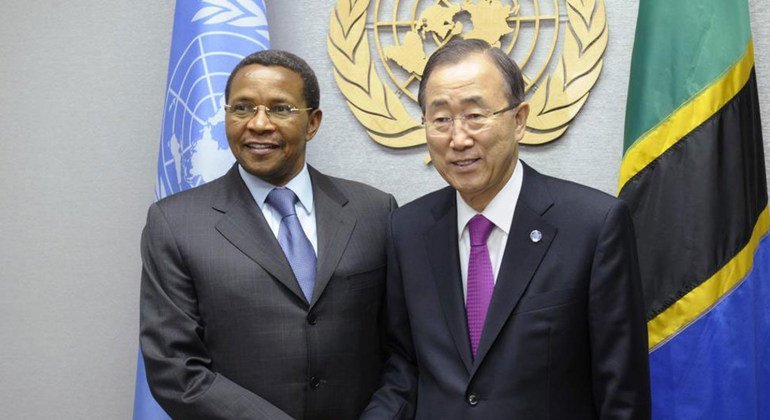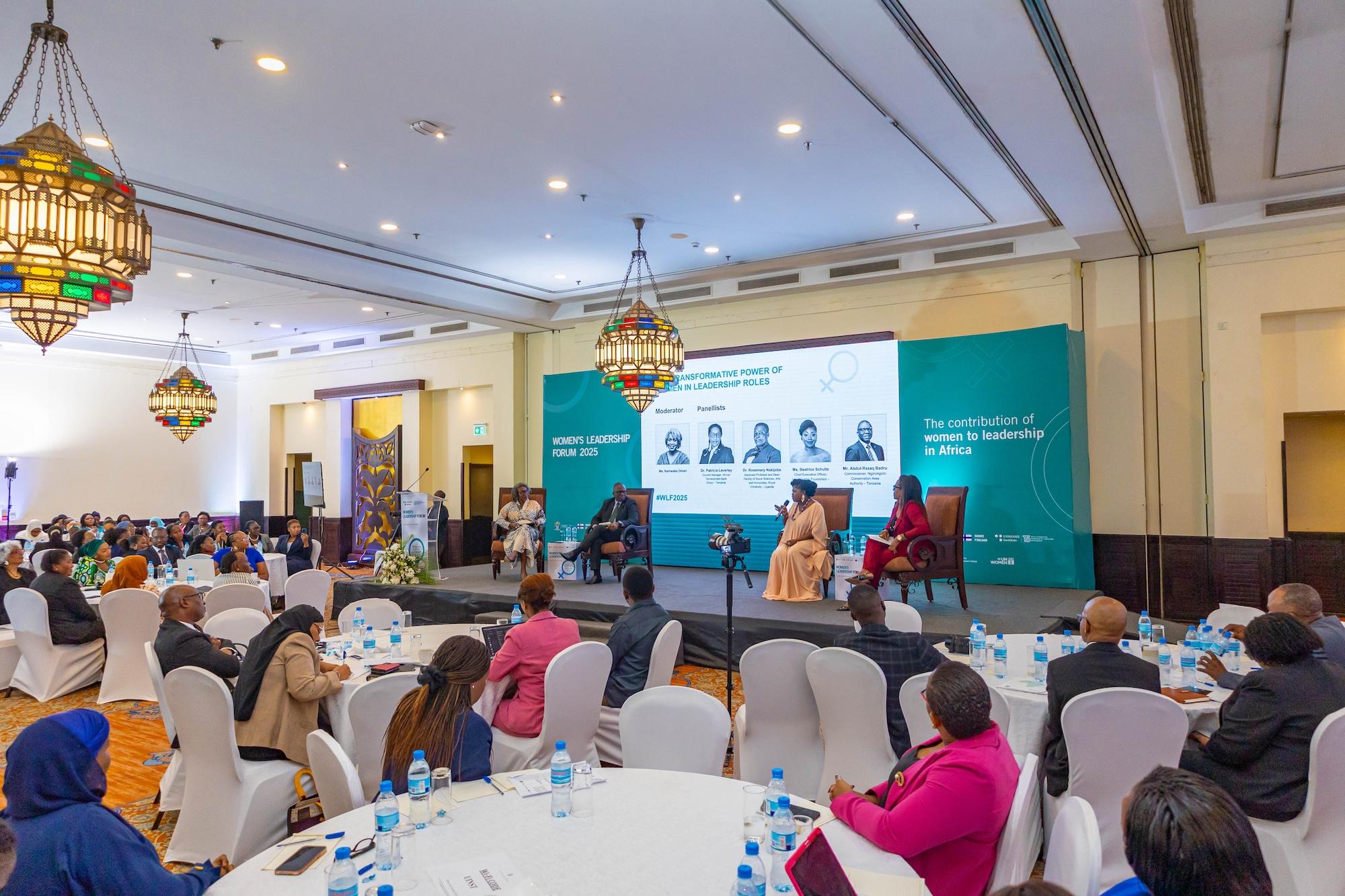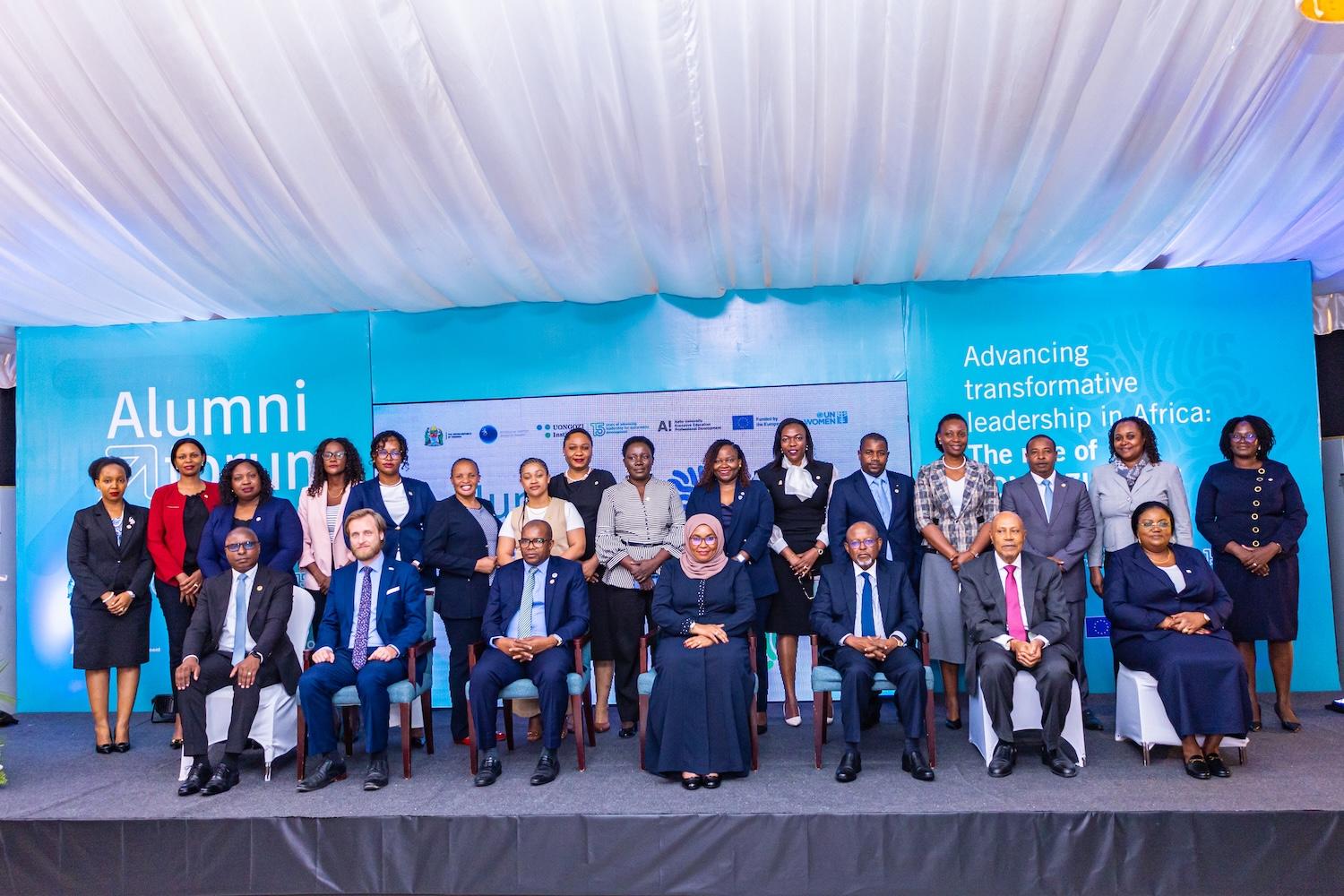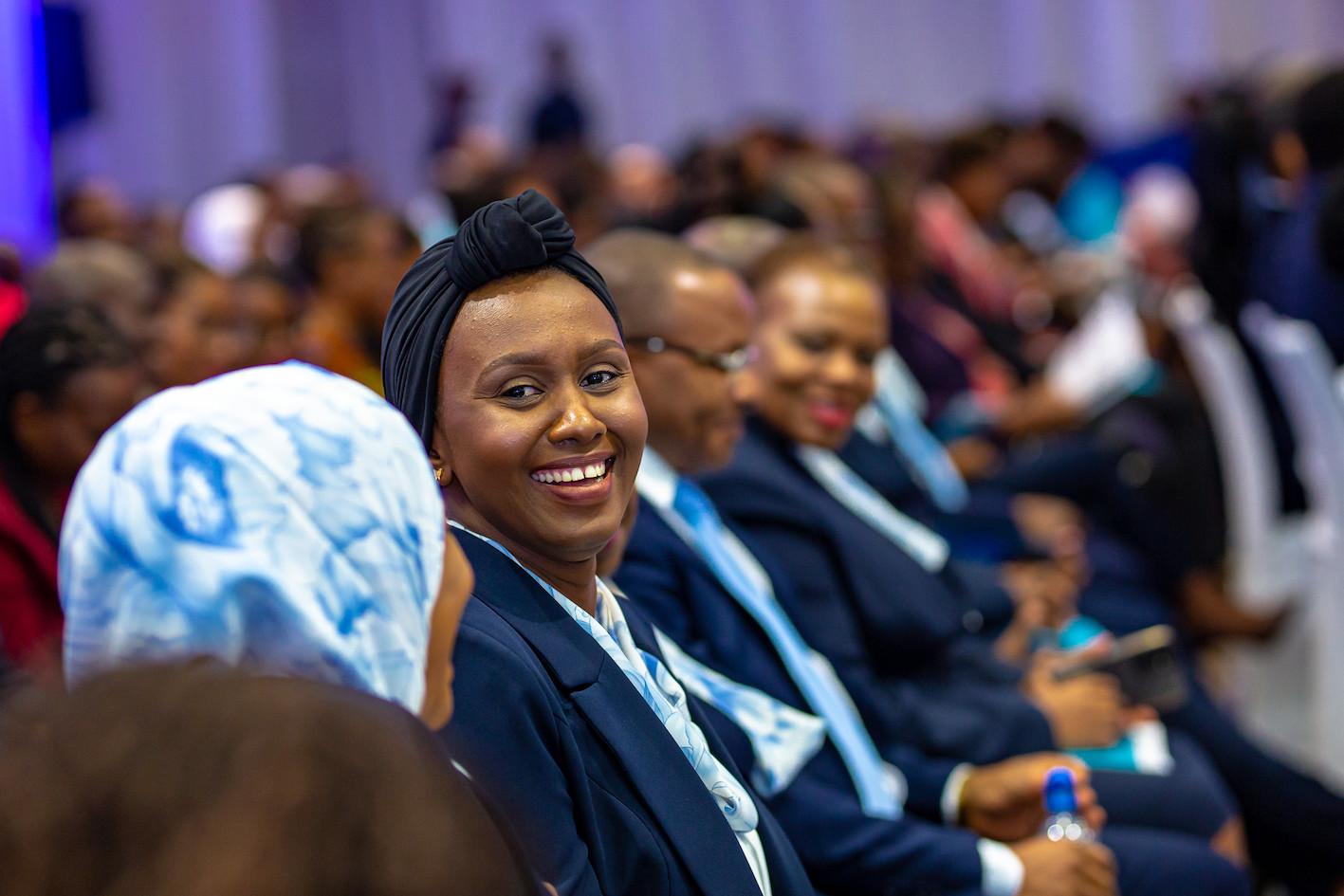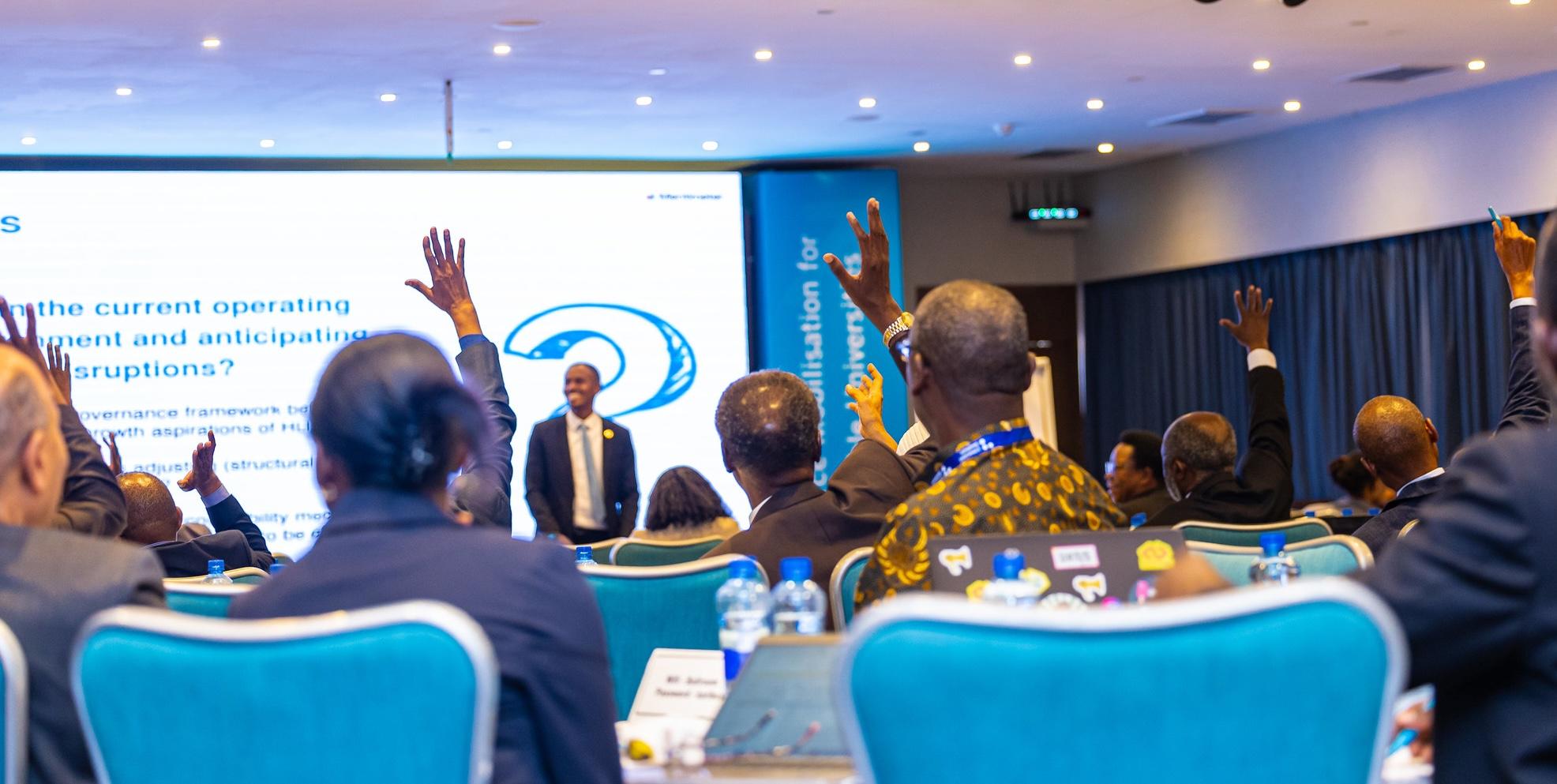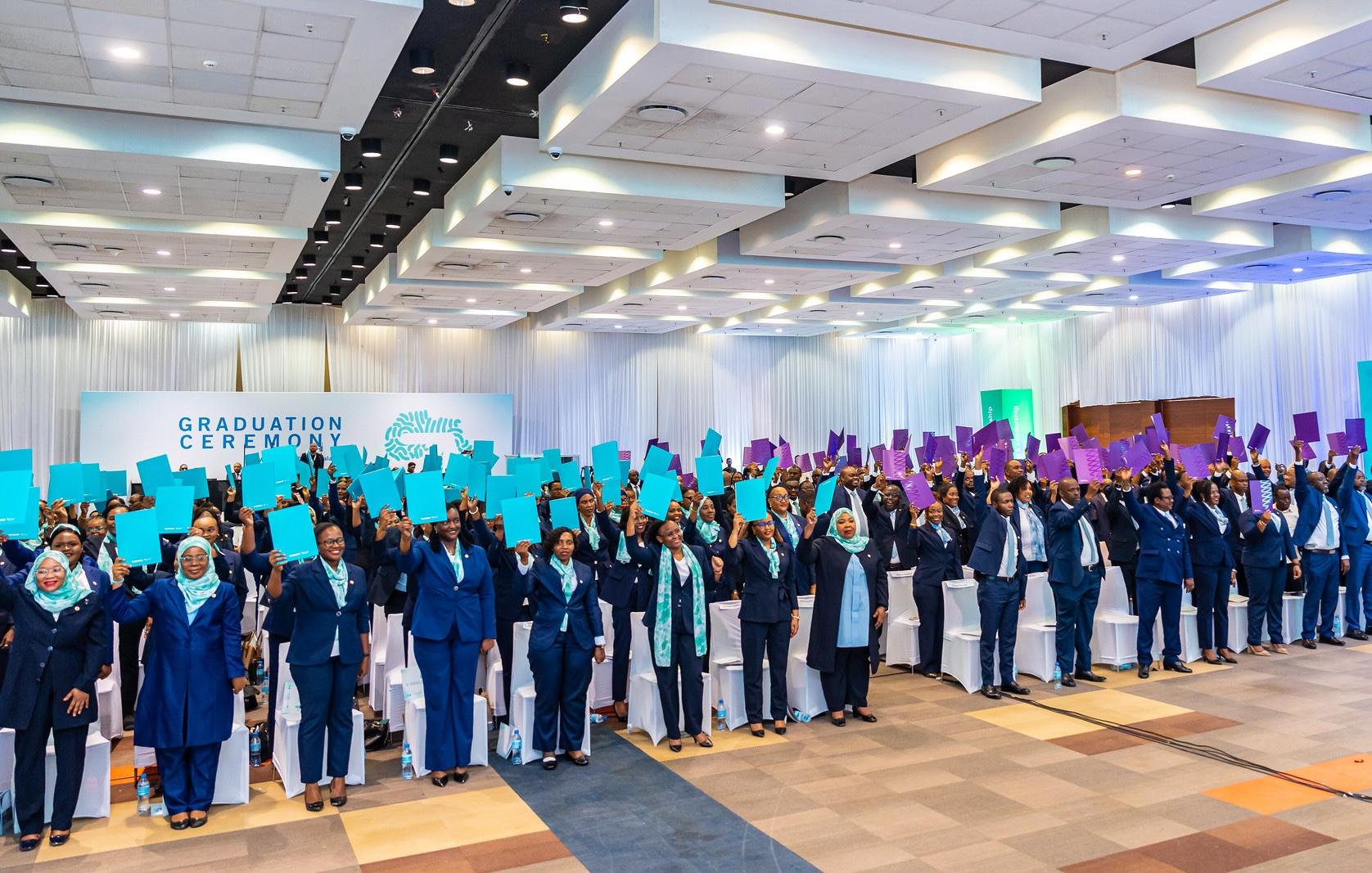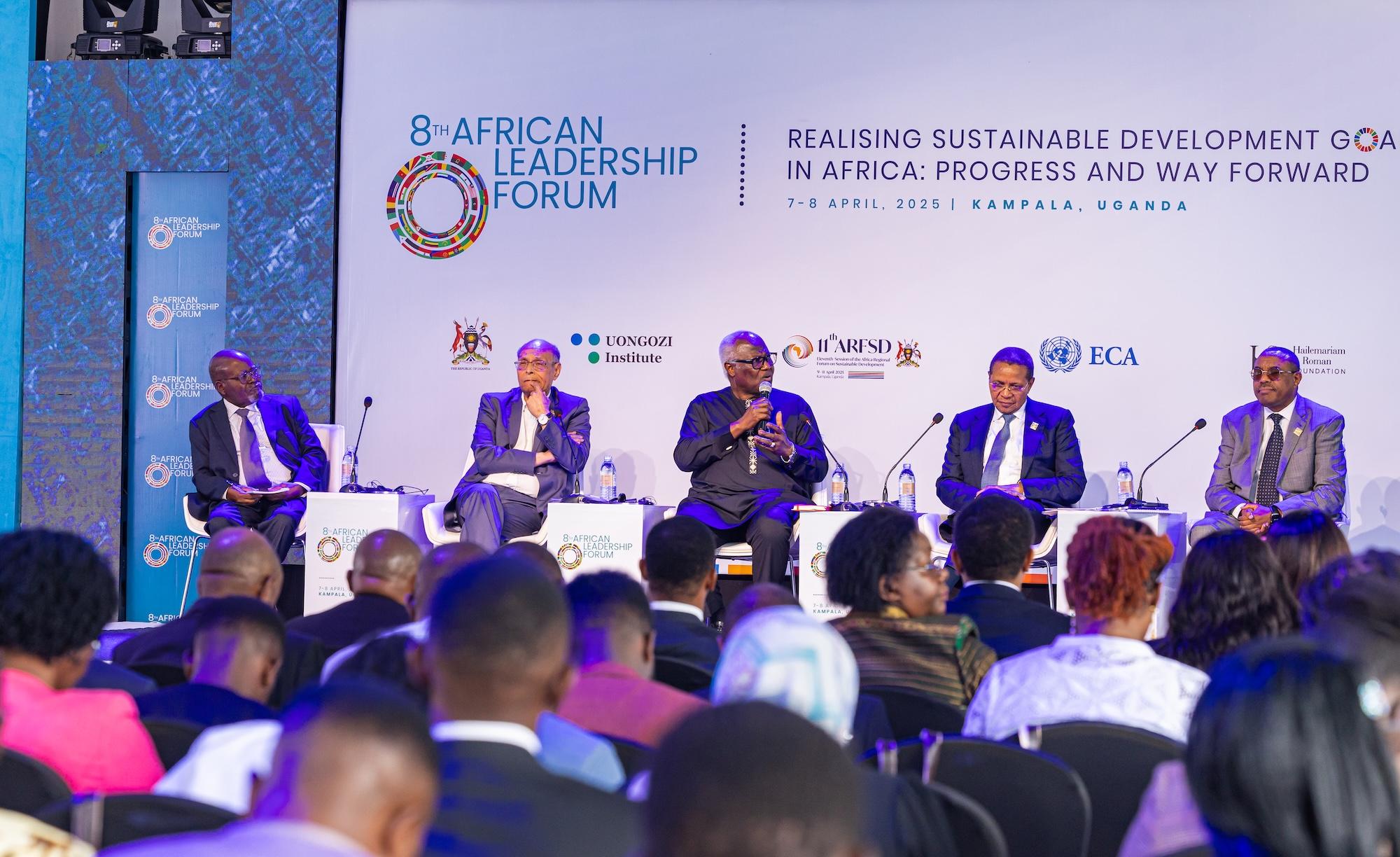The Millennium Development Goals (MDGs) have officially expired this year and a new era in development with a new set of Sustainable Development Goals (SDGs) was launched in New York from 25 – 27 September at the ‘United Nations summit for the adoption of the post-2015 development agenda’.
The SDGs represent a change in thinking about development and transformation, addressing a broader set of issues and shared responsibility between public, private, and civil society organisations. They (the SDGs) are the result of a negotiation process that involved the 193 UN member states and also unprecedented participation of civil society and other stakeholders, which led to the representation of a wide range of interests and perspectives.
At the summit, where the SDGs were signed off by 193 countries, the UN Secretary General, Ban Ki-moon, underlined the importance of implementation as a show of commitment to the goals, the need for partnership and solidarity in ensuring the success of the goals, and expressed the commitment of the United Nations in providing the necessary support to Member States.
“The 2030 Agenda compels us to look beyond national boundaries and short-term interests and act in solidarity for the long-term.” – Ban Ki Moon
The adoption ceremony was presided over by Danish Prime Minister Lars Løkke Rasmussen and Ugandan President Yoweri Kaguta Museveni, who stressed the successes of the MDGSs and the need for the full implementation of the new Agenda.
This new agenda will guide national and international jurisdictions, shape investment policies, revise national and international data collection, and drive actions on a range of sustainability issues over the next decade.
“This is the future we want for humanity and for our planet.” – Jakaya M. Kikwete
H.E. Dr. Jakaya M. Kikwete, President of the United Republic of Tanzania, reiterated his and Tanzania’s commitment to the Sustainable Development Goals by joining the High Level Group to support the implementation of the SDGs, announced by H.E. Stefan Löfven, Prime Minister of Sweden. The High-Level Group will work in various ways to promote exchange of experience and discussions on challenges and solutions between governments, civil society, the private sector and international organisations. The following are members of the High-Level Group:
- Brazil’s President Dilma Rousseff
- Colombia’s President Juan Manuel Santos
- Liberia’s President Ellen Johnson Sirleaf
- Sweden’s Prime Minister Stefan Löfven
- South Africa’s President Jacob Zuma
- Germany’s Federal Chancellor Angela Merkel
- Tunisia’s President Beji Caid Essebsi
- Timor-Leste’s Prime Minister Rui Maria de Araújo
- Tanzania’s President Jakaya Kikwete
In his address to the UN General Assembly, H. E. Kikwete expressed concern over the incompletion of the Millennium Development Goals and the unknown outcomes of targets, emphasising that although the new Agenda had taken on the unfinished business of the Millennium Development Goals, time and money were needed to achieve it. The lack of financial resources had been the greatest hindrance to enacting all the Millennium Development Goals. Funding concerns have been addressed in the outline of each of the new Goals, and each country must mobilise domestic resources for achieving the Goals, but developing countries cannot do so alone. International funding will be needed to complement countries’ own capabilities and a global partnership is necessary to ensure follow-up and review.
“Tanzania stands ready and pledges its unwavering commitment to fully support the Sustainable Development Goals and its implementation. We will do everything in our power to play our part accordingly… For sure, no-one will be left behind” – Jakaya M. Kikwete
As part of Tanzania’s commitment to Sustainable Development, the Government of Tanzania established the Institute of African Leadership for Sustainable Development (UONGOZI Institute) with the support of the Government of Finland in 2010. UONGOZI Institute works to inspire and equip leaders in Africa to deliver sustainable solutions to the challenges facing the continent, and to live up to their individual and collective potential to lead the transformation of Africa’s economies and societies.
To date, UONGOZI Institute has already engaged in various activities that are aligned with the Sustainable Development Goals in both its capacity building and research and policy work. These are, broadly; Urbanisation (Goal 11), Sustainable Agriculture (Goal 2) in partnership with the Southern Agriculture Growth Corridor of Tanzania, Forestry (Goal 17), meeting energy needs sustainably (Goal 7), Natural resources management (focussing on the Mining, and Gas Sectors), Financial Inclusion for Women (Goal 5 and 16), Green Growth (Goal 8, 9, 10, 13, and 14).
UONGOZI Institute stands ready to support African governments in meeting their Sustainable Development Goals targets, both in terms of the research and monitoring work required on the ground, and capacity building to ensure decision-makers are inspired and equipped to live up to their collective and individual leadership potential.
For more information on the SDGs and the SDG Launch:
http://www.ikulu.go.tz/index.php/media/press_details/1866
http://www.government.se/press-releases/2015/09/swedish-government-initiates-high-level-group-in-un/
http://timor-leste.gov.tl/wp-content/uploads/2015/09/Call-to-Action2.pdf
For more information on UONGOZI Institute:
